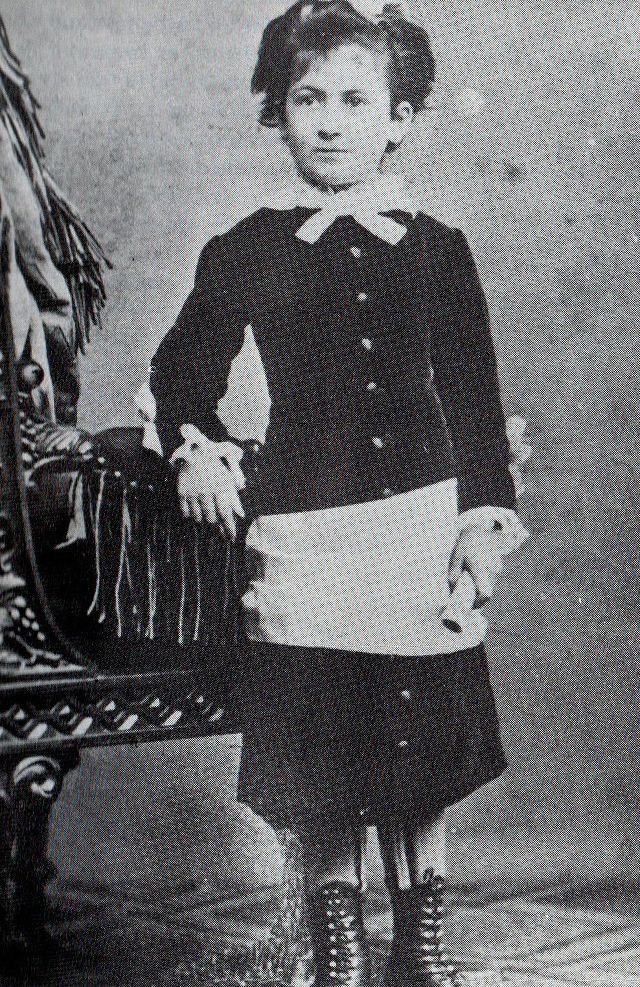Maria Montessori, a talented woman's biography (Part 1)
Maria Montessori, many people might be familiar with her name. Maybe you found her through some research or reading. Or maybe because the name "Montessori" can be seen with hundreds of kindergartens recently. The Montessori teaching method is becoming more popular with many parents. So that, many of them let their children go to Montessori schools. And Dr. Maria Montesssori is the one who created this "Montessori" method - the most optimal educational method for children aged 0-6 years.
Read more about the Montessori: https://riverhousemontessori.edu.vn/vi/category/tin-tuc-rh/
Maria Montessori - overview of an extraordinary life:
Maria Montessori is Italy's first female medical doctor. She is one of the pioneers and most influential in the history of kindergarten education.
Born in Ancona, Italy, in 1870, her father was of aristocratic origin and her mother was a philosopher. Not just that, Anthony Stow, a physicist, and priest, was her grandfather. Her mother was always a supporter of her beliefs. Thanks to that, Maria was always an independent person from an early age. She was always confident in giving her opinions, was strongly determined, and had great dreams.
She grew up drawn to biology, even though she had a fascination for mathematics when she was a child. In the end, she became the first female student of the Italian Medical University, despite all of the social constraints or stereotypes. She has won several scholarships during her studies with exceptional energy and dedication.
Even so, the strong prejudices of the society did not let the study path of Maria Montessori to pass easily. In addition to her disdain for classmates' jealousy, she often had to experiment alone. Those times made her think of the fierce rejection of her father a lot. She had also decided to make it possible to take a rest and do another job.

Maria Montessori - Ideas and determination for the education field:
Once, with the intense intention of giving up after leaving the operating room. She unintentionally saw a 2-year-old child sitting beside the beggar. The child sat on the grass, played with some colored paper happily. The thought of the soul of a kid flashed unexpectedly and she fled back to the operating room.

She decided to read the works of a famous French scholar named "Itar et Sagan". From there, she believed:
"Disability is an educational problem, not a medical problem."
Career milestones:

In 1899, at the First Educational Conference organized by Turin, Maria Montessori earned the support of the Minister of Education when she confidently shared her opinions.
From 1899 to 1901, she took on the task of administering the school for special children. Maria had educated a team of educators specialized on teaching children with underdevelopment in just 2 years. And she also did not forget to participate in practical teaching, analysis, and further research. The special children passed the tests as comfortably as regular children under her ceaseless support.
Montessori left the school for special children in 1901. She thought about teaching ordinary kids. In order to do that, Maria Montessori had to learn certain subjects, such as Philosophy and Psychology.
In 1904, she published the book "Education of Anthropology".
Maria Montessori opened the first "Children's House" in 1907. She lived with 60 poor children in Rome's slums. It is also here that she has created a new milestone in the history of children's education.
The Montessori philosophy:

And children often act strange that adults do not understand:
- The kids like to repeat, like ordering, like quiet, prefer working to playing.
- They easily feel satisfied with the work they do even with no reward.
- Children always choose to be alone, no adults.
- Kids at a young age have spontaneous discipline; have personal honor and high self-esteem.
- Sometimes, there are children from 4 - 5 years old that spontaneously express inspiration in writing without the guidance of adults….
Comments
Post a Comment